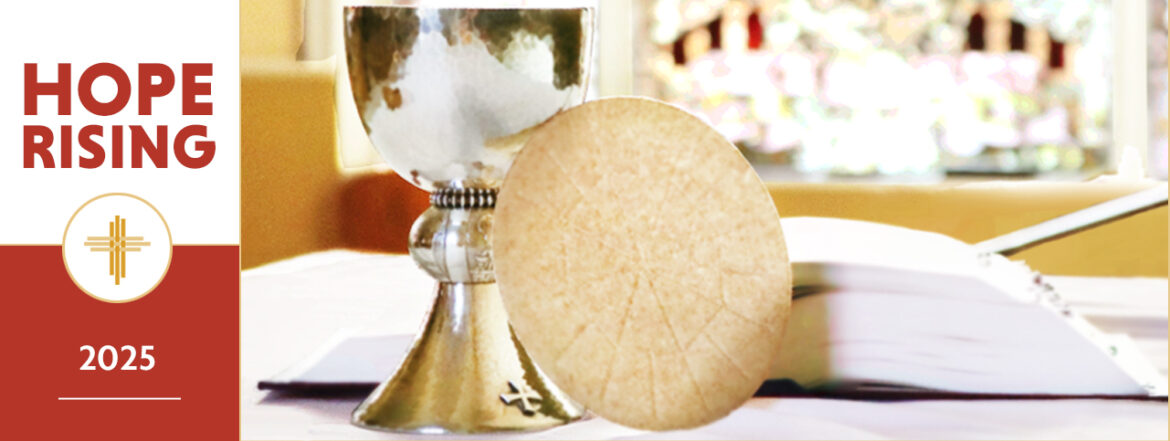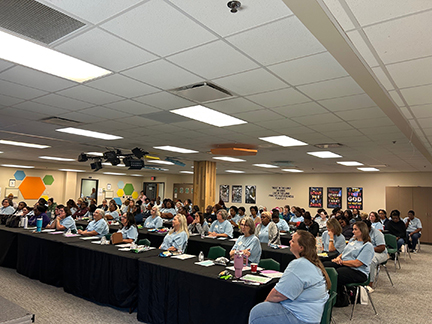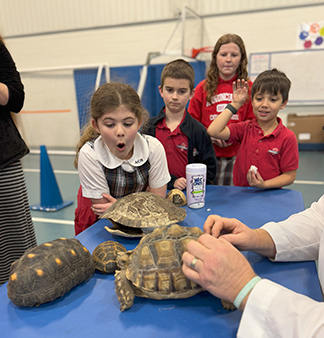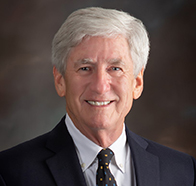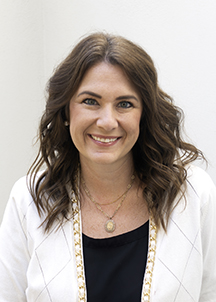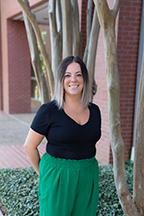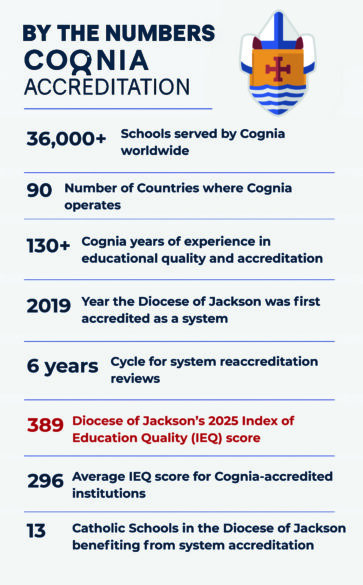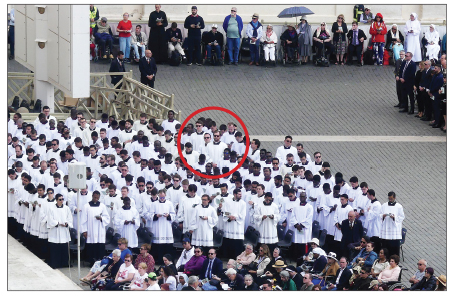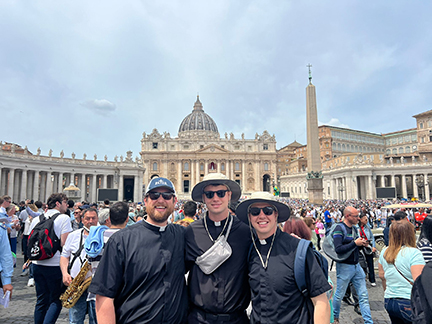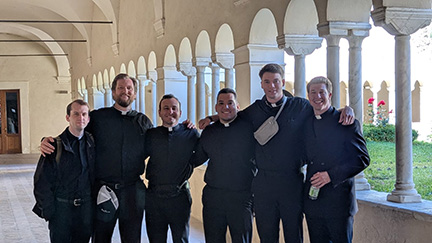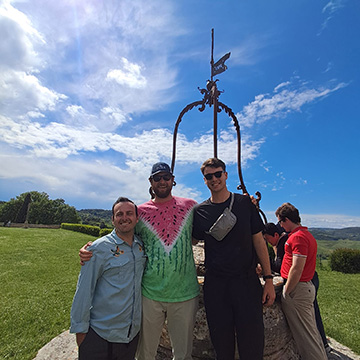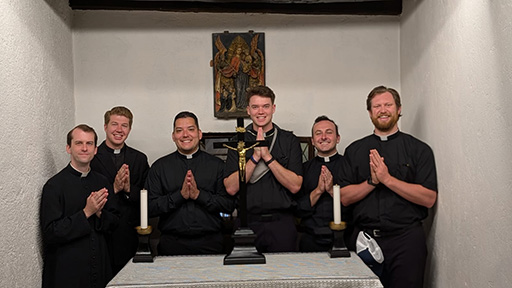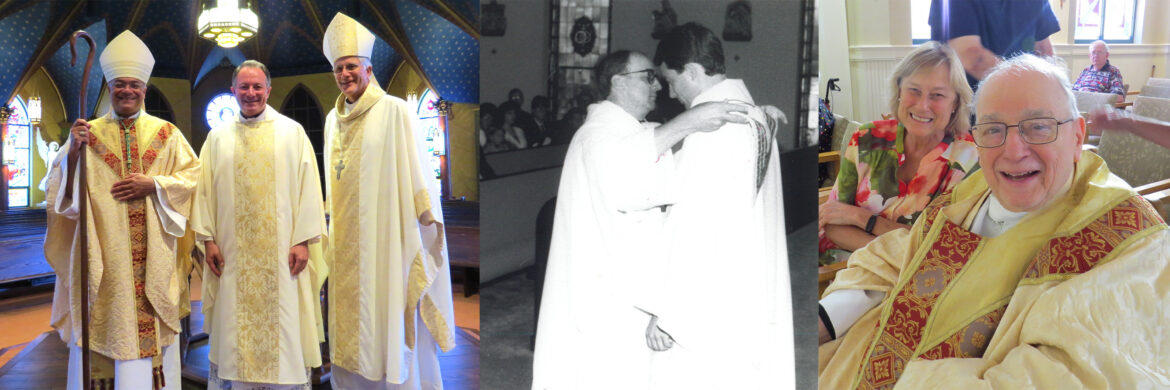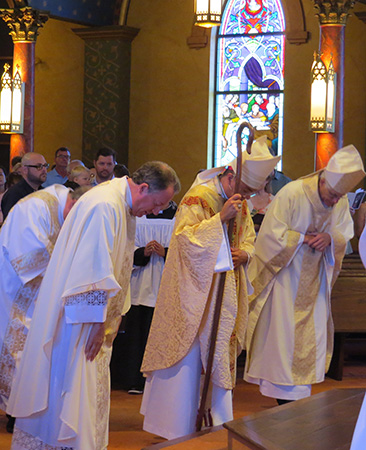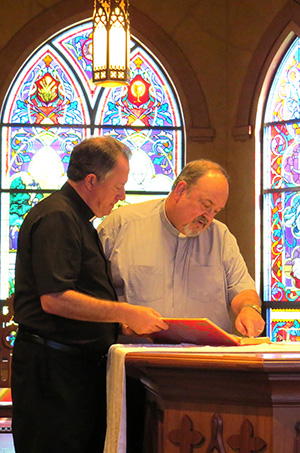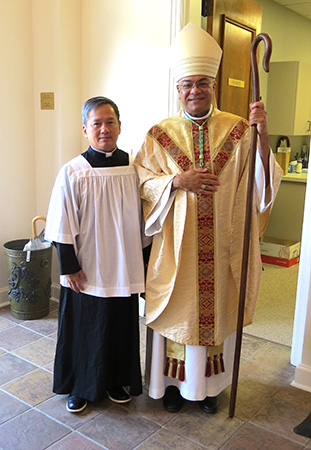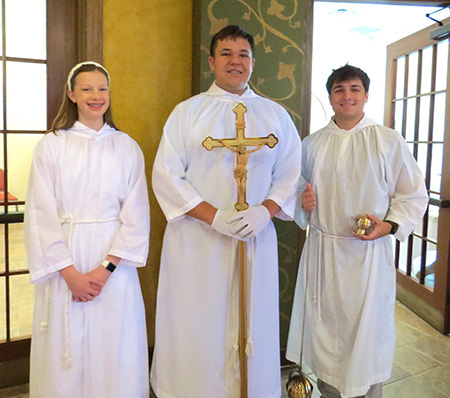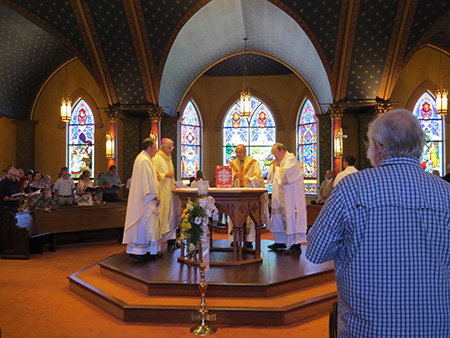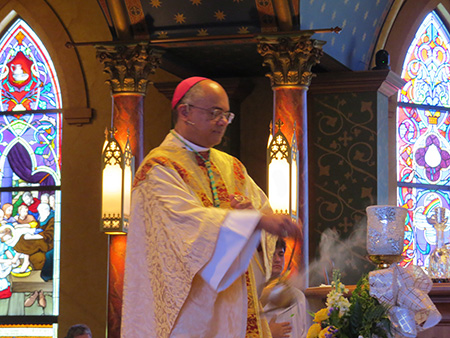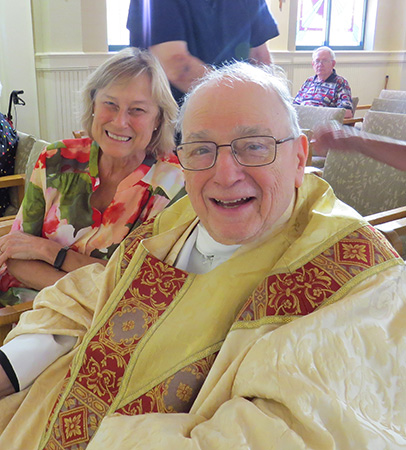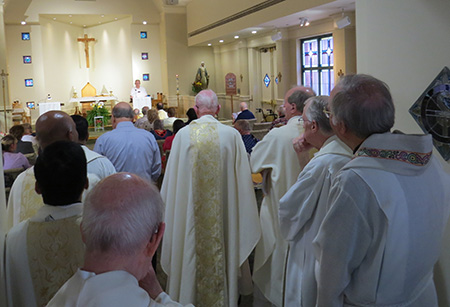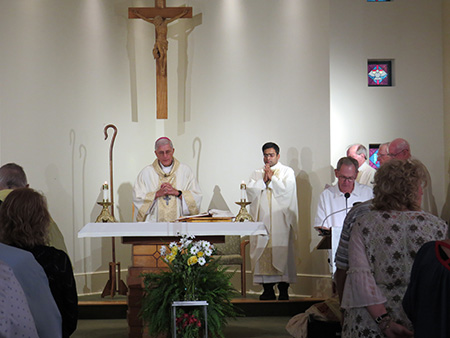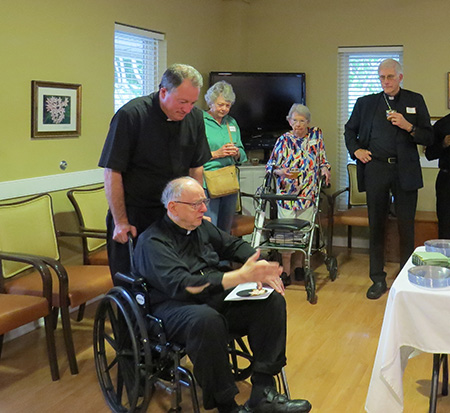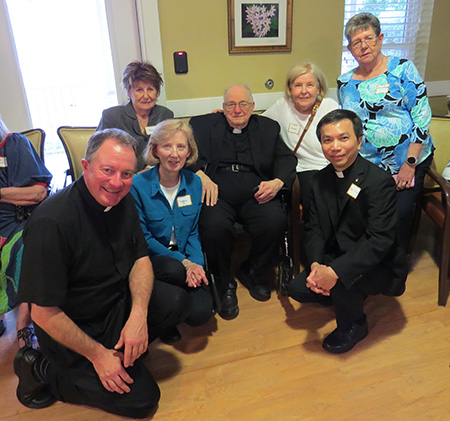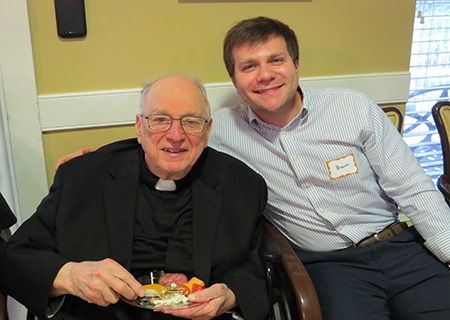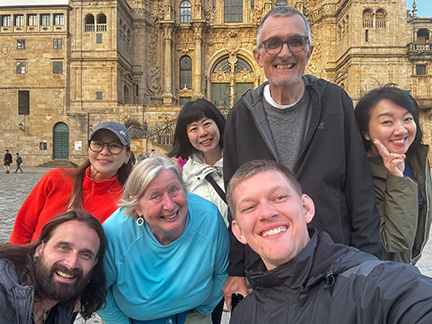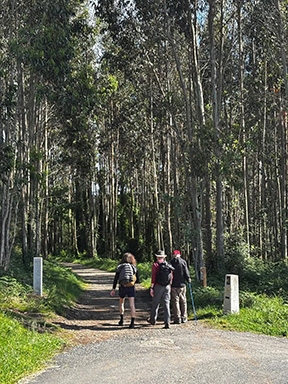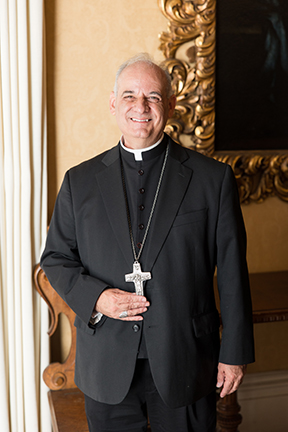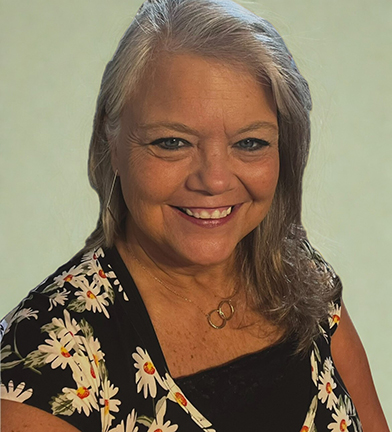
For more than two decades, Michelle Harkins has been a steady and faithful presence at St. James Parish in Tupelo, Mississippi. From full-time volunteer to trusted parish leader, her ministry has touched the lives of countless families – and it all began with a mother’s simple “yes.”
Her ministry started with a desire to support her children’s faith journey.
“I felt it was crucial, as a parent, to be involved and active,” she said.
That involvement soon grew into teaching CCD classes, working with the Catholic Youth Program and eventually leading the parish’s Protection of Children ministry.
Over the years, Harkins’ own faith has deepened.
“Working with the youth helps me learn more so I can give a simple answer to what they may find a difficult question,” she said.
She speaks with great pride about the bonds that are built through ministry – connections that last well beyond confirmation or graduation.
“The moments I treasure most are when I’m told, ‘Thank you for being there with me through it all. Thank you for your time and understanding,’” Harkins said.
Perhaps the most rewarding part of her ministry has been seeing the full circle of faith lived out in the lives of the young people she once taught.
“There are so many stories,” she said. “But the ones that stand out are those I walked with through faith formation and now they walk with me as adult teachers and chaperones. Lauren Pound, Patrick Dye, Denise Burnley … they were ‘my kids’ and today they are young adults who are constant and present for the youth in our parish. It’s amazing and beautiful to see the full circle come to completion with the Catholic faith as their strong foundation.”
Harkins’ ministry is one of many supported by the Catholic Service Appeal (CSA), which funds programs and services throughout the Diocese of Jackson. She believes in it wholeheartedly and encourages others to give.
“The CSA provides so much more than people realize,” she said. “Please give and take the time to find out all the various and beautiful opportunities it supports across the diocese. It continues to provide for our retired priests like Father Henry Shelton – who is retired, yet still faithfully serves St. James.”
“To those who give to CSA and those considering a gift,” she added, “know in your heart that you are serving others in our diocese in so many ways. If you want to understand all that the CSA does, take the time to do your research. Contact the diocese. Ask questions. You’ll find that you are giving to a truly great cause.”
As Harkins continues her ministry, her story stands as a testament to the lasting impact one person can have on a faith community – and the ripple effect of generosity shared through initiatives like the Catholic Service Appeal.
The annual Catholic Service Appeal unites Catholics across the Diocese of Jackson to support 14 vital ministries that serve local communities. From faith formation and youth ministry to seminarian education and clergy healthcare, these initiatives help carry the Gospel’s message to those in need throughout the diocese. Give today to help these ministries thrive.
